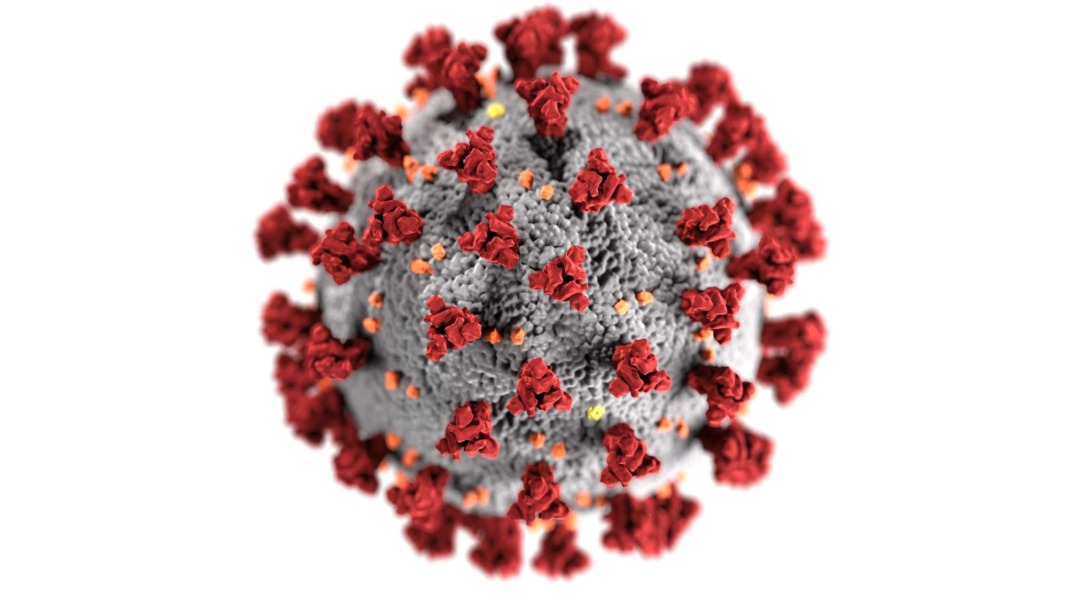Director-General of the Nigeria Centre for Disease Control (NCDC), Ifedayo Adetifa, has said that the COVID-19 virus still poses a significant threat to countries and high-risk groups worldwide. Adetifa made this statement yesterday, following the World Health Organization (WHO)’s declaration that COVID-19 was no longer a public health emergency of international concern on Friday.
Adetifa, in a statement, said the declaration was to enable countries’ transition from acute emergency response to managing COVID-19 as part of integrated healthcare delivery for all infectious diseases. “As transmission continues within communities, the risk of new variants emerging and resulting in surges in case numbers and even deaths remains,” he stated.
He explained that the WHO’s declaration was made after a careful review of current evidence that showed there was high population-level immunity from the SARS-CoV-2 infection, improved knowledge of the virus and management of confirmed COVID-19 cases, a decline in the global burden of the virus and a steady increase in vaccine uptake across countries.
Furthermore, Adetifa noted that Nigeria had already de-escalated its COVID-19 response since 2022, in response to local epidemiology. The focus has been on encouraging COVID-19 vaccination and recommending discretionary use of face masks and other public health safety measures according to personal risk assessments. “We have had to adjust our response as we learn more about the virus and its transmission dynamics. Our response is focused on getting more people vaccinated and continuing to emphasize public health safety measures,” he said.
Adetifa also stressed that the threat of new variants of the virus emerging and resulting in surges in case numbers and deaths remained a possibility as transmission continues within communities. He emphasized the need for continued routine COVID-19 testing along with other infectious diseases as might be indicated in healthcare settings as part of clinical care for pandemic flu preparedness.
“As part of our integrated disease surveillance strategy, the NCDC continues to encourage routine COVID-19 testing along with other infectious diseases as might be indicated in healthcare settings as part of clinical care for pandemic flu preparedness. It is crucial that we remain vigilant and continue to take measures to prevent the spread of the virus,” he said.
The NCDC Director-General’s statement is a reminder that despite the WHO’s declaration that COVID-19 is no longer a public health emergency of international concern, the virus still poses a significant threat to countries, high-risk groups, and communities worldwide. The continued transmission of the virus within communities increases the risk of new variants emerging and causing surges in case numbers and even deaths.
Governments and individuals must continue to take measures to prevent the spread of the virus and protect public health. The de-escalation of COVID-19 response does not mean that the pandemic is over. People must continue to wear masks and practice good hygiene, and the vaccination campaign must be accelerated.
According to the WHO, there have been over 150 million confirmed cases of COVID-19 globally, with over three million deaths. The virus has spread to almost every country in the world, and it continues to pose a significant threat to global public health.
As such, countries must remain vigilant and continue to take measures to prevent the spread of the virus. Governments must also ensure that their healthcare systems are prepared to manage COVID-19 cases as part of integrated healthcare delivery for all infectious diseases.
In conclusion, Adetifa’s statement highlights the importance of countries’ transition from acute emergency response to managing COVID-19 as part of integrated healthcare delivery for all infectious diseases. The statement also emphasizes the need for continued routine COVID-19 testing and encourages COVID-19 vaccination while recommending discretionary use of face masks and other public health safety measures.
It is crucial to note that despite the WHO’s declaration that COVID-19 is no longer a public health emergency of international concern, the virus still poses a significant threat to countries, high-risk groups, and communities worldwide. Adetifa’s statement serves as a reminder to governments and individuals to continue to take measures to prevent the spread of the virus and protect public health.



